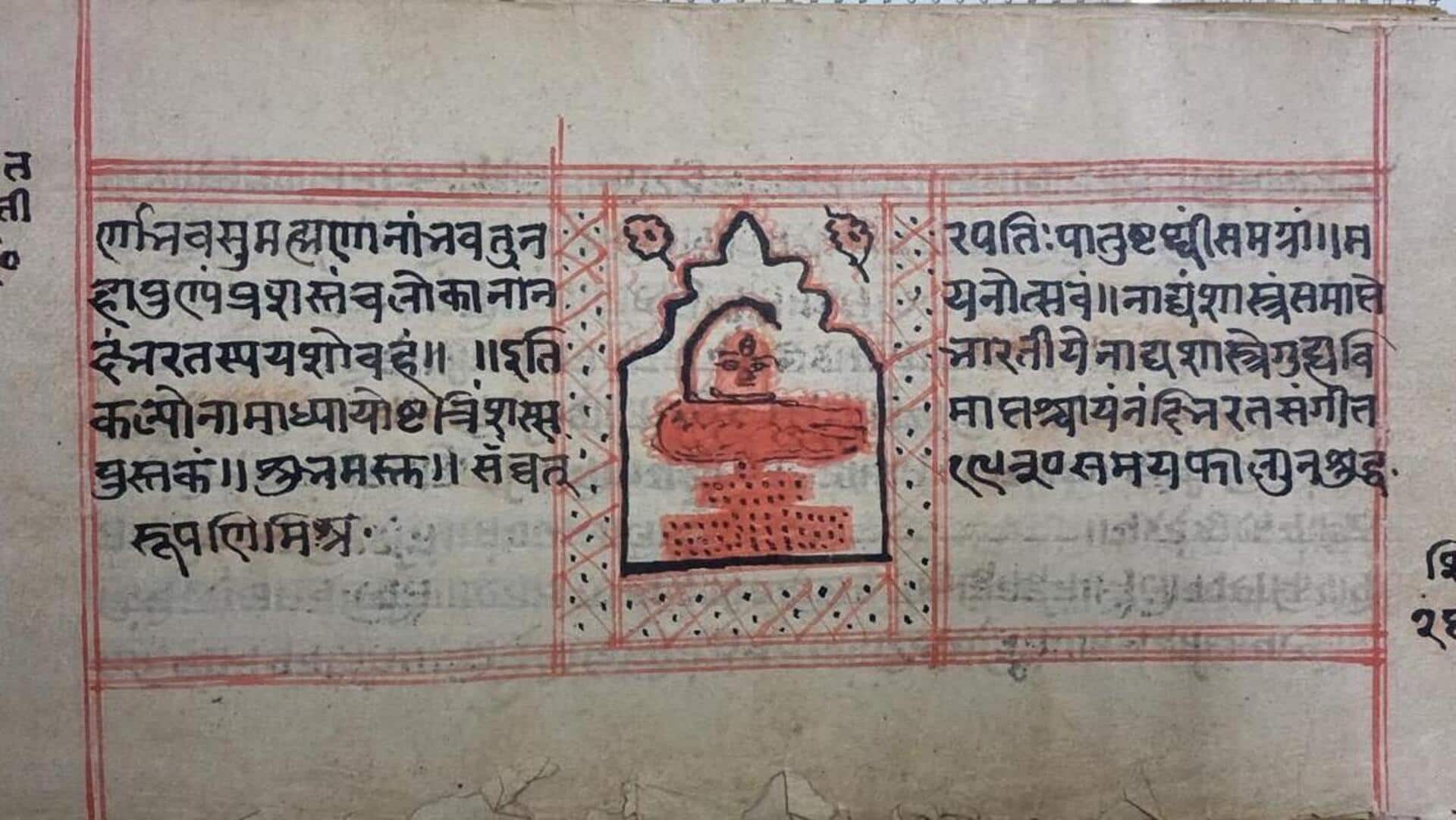
Bhagavad Gita, Natyashastra included in UNESCO's 'Memory of the World'
What's the story
The Shrimad Bhagavad Gita and Bharat Muni's Natyashastra have been inscribed on UNESCO's 'Memory of the World' register. This global initiative seeks to protect documentary heritage of outstanding significance.
Prime Minister Narendra Modi hailed the feat as a "proud moment for every Indian across the world."
He said these texts are a testament to India's timeless wisdom and rich culture that have shaped civilization and consciousness for centuries.
Historical significance
Recognizing significant historical texts
UNESCO's Memory of the World Register recognizes important historical texts, manuscripts, and documents that have shaped societies through the generations.
According to UNESCO, the program aims to "facilitate preservation of the world's documentary heritage, particularly in areas affected by conflict and/or natural disaster," and "enable universal access to documentary heritage worldwide."
Twitter Post
India's 14th entry
Shrimad Bhagavad Gita & the Natyashastra Enter UNESCO’s Memory Register
— MyGovIndia (@mygovindia) April 18, 2025
UNESCO adds the Shrimad Bhagavad Gita & Natyashastra to its Memory of the World Register—marking India’s 14th entry and celebrating Bharat’s rich civilisational legacy.#CulturalHeritage #AncientIndia… pic.twitter.com/vQrLYsfLl6
Records
India now has 14 entries
With the inclusions, India now has 14 entries in UNESCO's Memory of the World Register.
Last year, three significant works of Indian literature, Ramcharitmanas, Panchatantra, and Sahrdayāloka-Locana, were inscribed in the 2024 Memory of the World Committee for Asia and the Pacific (MOWCAP) Regional Register.
"In many parts of the world, documentary archives are under threat, notably in developing countries, and a collective effort is needed to preserve and digitize this material, which could otherwise be lost forever," UNESCO said.